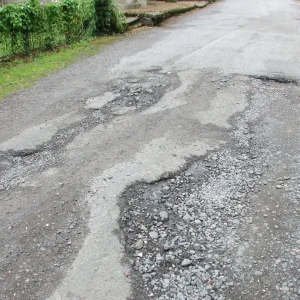Companies will need to regularly “evaluate their provision of business mobility” in an unpredictable future landscape, according to fleet expert Prof Peter Cooke.
As taxation looks set to be hiked up with incoming new government and environmental pressures increasing, fleet managers must consider ways of cutting costs by moving away from the norm.
This could include other mobility options, for example taxis in central London to avoid parking and congestion charges, or car clubs and daily rental firms as and when employees need transport.
As more and more people work from home, public transport supposedly improves and technology offers alternative forms of communication, workers may be able to carry out their job without the need for a personal company car.
Cooke said in the new report Fleet 2020: Business car or business mobility? that fleet cars are becoming working tools rather than a perk of the job.
The research, in association with Leaseplan, highlights concerns of the fleet industry regarding taxation policies, including those linked to personal or company carbon footprints.
Co2 issues continue to rise up the agenda with telematics, alternative fuels and monitoring expected to help manage total emissions.
Other concerns include the declining financial benefits from the provision of a company car and the benefits tightly monitored through telematics.
Personal carbon allowance would also be viable through this technological development.
Respondents to the research also said employees may move towards a ‘menu remuneration’ basis, including a company car alongside other benefits.
Vehicles will continue to downsize, with more and more kit in a smaller frame.
The future of fleet car management is expected to separate the administration and management roles affecting company vehicles with administration being widely outsourced and internal staff focusing on management.





